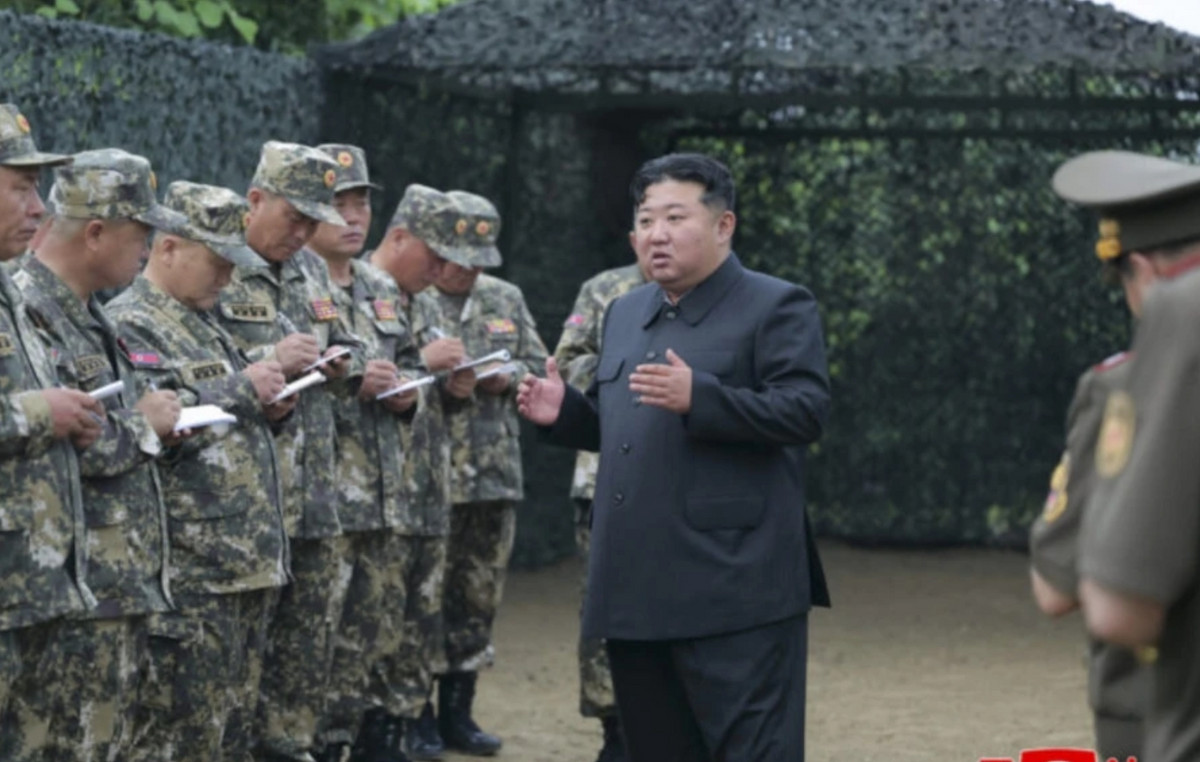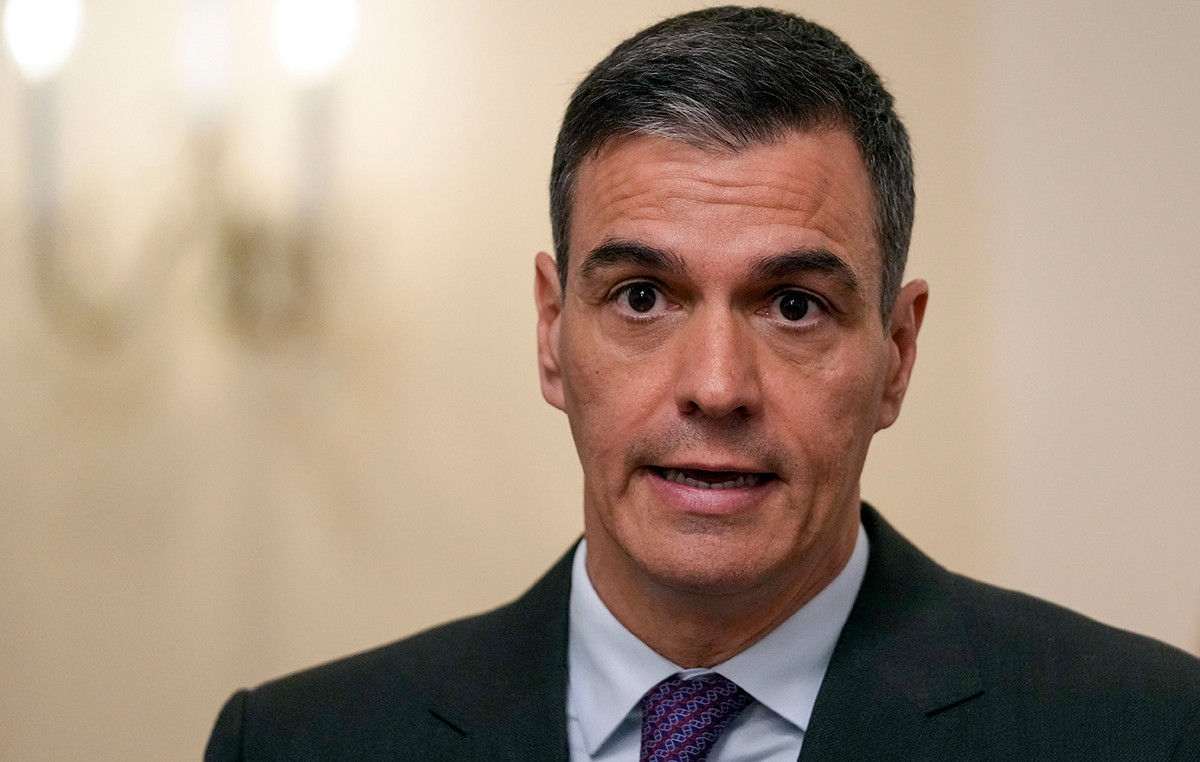Russia will act to counter the planned US deployment of long-range missiles in Germany, the Kremlin said on Thursday (11), calling the NATO military alliance’s actions a serious threat to Russia’s national security.
The United States and Germany announced during the NATO summit in Washington on Wednesday (10) that they would begin deploying long-range fire capabilities in Germany in 2026 to demonstrate their commitment to NATO and European defense, at a time when Russia is at war in Ukraine.
They said the “episodic deployments” were in preparation for a longer-term deployment that would include SM-6s, Tomahawk cruise missiles and hypersonic weapons with a range greater than current capabilities in Europe.
NATO also said on Wednesday that a new U.S. air defense base in northern Poland, designed to detect and intercept ballistic missile attacks as part of a broader NATO missile shield, was ready for the mission.
Asked at a briefing with Russian news agencies about the outcome of the NATO summit, Kremlin spokesman Dmitry Peskov said: “The North Atlantic alliance has once again very clearly confirmed its essence. It is an alliance created in an era of confrontation with the aim of maintaining confrontation.”
“Tensions on the European continent are rising” as a result, he added, saying the Kremlin was watching the approach of NATO military infrastructure.
“We see the decisions taken in NATO to create separate logistics hubs in the Black Sea cities, the opening of additional facilities in Europe, and we see that, in fact, NATO’s military infrastructure is steadily and gradually moving towards our borders,” Peskov said.
“This requires us to take a very deep look at the decisions taken in this discussion. This is a very serious threat to the national security of our country. All of this will require us to take measured, coordinated and effective responses to deter NATO, to neutralize NATO.”
Since President Vladimir Putin sent tens of thousands of troops to Ukraine in February 2022, Peskov has described what Moscow calls a “special military operation” in the country as a move aimed at ensuring Russia’s own security against the West, casting Ukrainian policy as hostile and pro-Western.
Kiev and the West reject Russia’s characterization of the conflict, saying Moscow is waging an aggressive, colonial-style war of conquest in Ukraine, which became independent when the Russian-dominated Soviet Union broke up in 1991.
Russia plans military response
Russian Deputy Foreign Minister Sergei Ryabkov said Moscow anticipated the US-German missile move, which he portrayed as designed to intimidate Russia and further destabilized regional security and strategic relations.
“The necessary work on preparing balancing countermeasures by the relevant Russian state agencies was started well in advance and is being carried out systematically,” Ryabkov said in a statement on his ministry’s website.
“Without nervousness, without emotions, we will develop a military response, first of all, to this new game,” he said, according to the Interfax news agency.
Last month, Putin said Russia should resume production of intermediate- and shorter-range nuclear-capable missiles and then consider where to deploy them, after the United States brought similar missiles to Europe and Asia.
He had previously spoken of agreeing not to deploy such missiles in Russia’s Baltic exclave of Kaliningrad, but said the US had resumed their production, brought them to Denmark for exercises and also taken them to the Philippines.
Land-based missiles with ranges exceeding 500 km were banned until 2019 under the Intermediate-Range Nuclear Forces (INF) Treaty signed in 1987 by Mikhail Gorbachev of the Soviet Union and then-U.S. President Ronald Reagan.
But the United States withdrew from the INF Treaty in 2019, saying Moscow was violating the agreement, something the Kremlin denied.
Source: CNN Brasil
Bruce Belcher is a seasoned author with over 5 years of experience in world news. He writes for online news websites and provides in-depth analysis on the world stock market. Bruce is known for his insightful perspectives and commitment to keeping the public informed.







